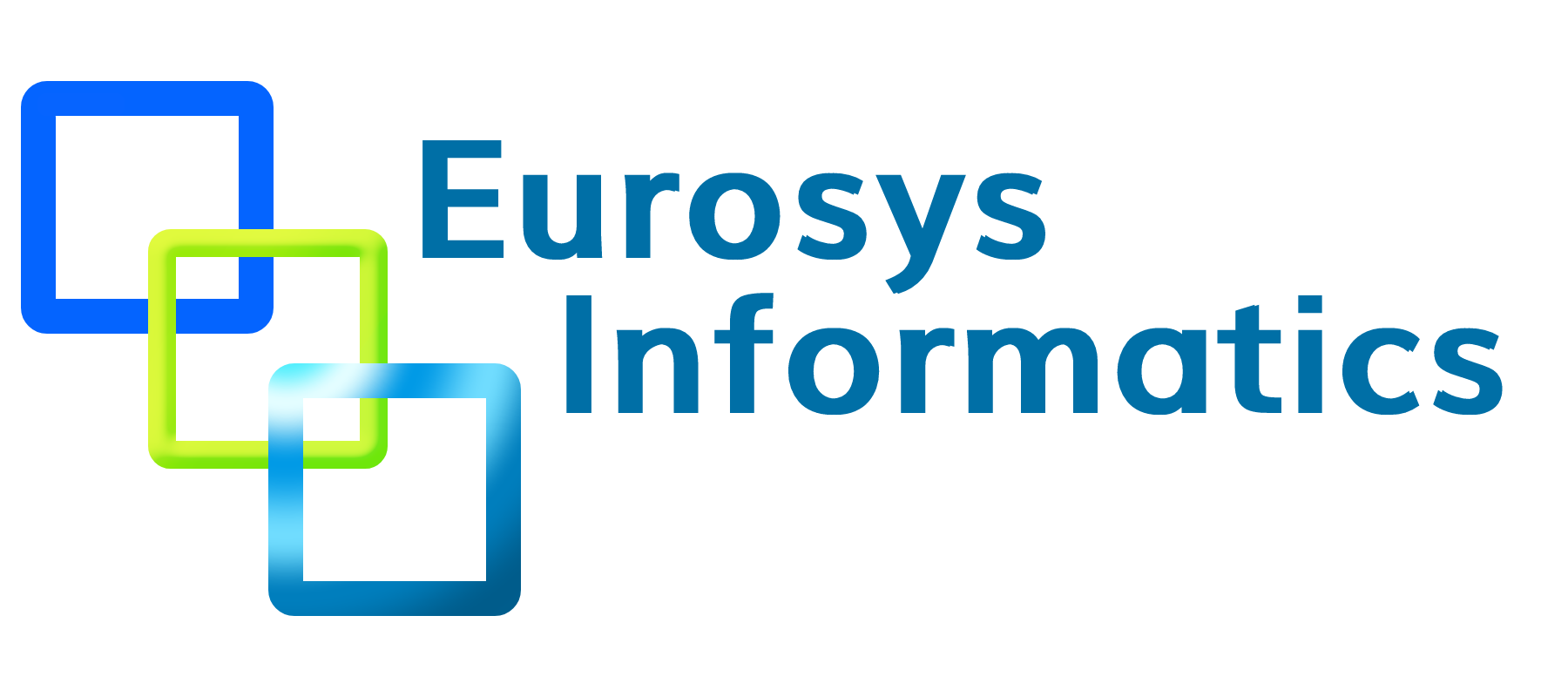BlockChain
A blockchain is a distributed database or ledger that is shared among the nodes of a computer network. As a database, a blockchain stores information electronically in digital format. Blockchains are best known for their crucial role in cryptocurrency systems, such as Bitcoin, for maintaining a secure and decentralized record of transactions. The innovation with a blockchain is that it guarantees the fidelity and security of a record of data and generates trust without the need for a trusted third party.

How does block chain work?

The goal of blockchain is to allow digital information to be recorded and distributed, but not edited. In this way, a blockchain is the foundation for immutable ledgers, or records of transactions that cannot be altered, deleted, or destroyed. This is why blockchains are also known as a distributed ledger technology (DLT).
Some of the blockchain applications
Smart contracts
A smart contract is a computer code that can be built into the blockchain to facilitate, verify, or negotiate a contract agreement. Smart contracts operate under a set of conditions to which users agree. When those conditions are met, the terms of the agreement are automatically carried out.
Currency
Blockchain forms the bedrock for cryptocurrencies. By spreading its operations across a network of computers, blockchain allows cryptocurrencies to operate without the need for a central authority.
Healthcare
Healthcare providers can leverage blockchain to securely store their patients’ medical records. When a medical record is generated and signed, it can be written into the blockchain, which provides patients with the proof and confidence that the record cannot be changed.
Logistics
Suppliers can use blockchain to record the origins of materials that they have purchased. This would allow companies to verify the authenticity of their products. the food industry is increasingly adopting the use of blockchain to track the path and safety of food throughout the farm-to-user journey.
